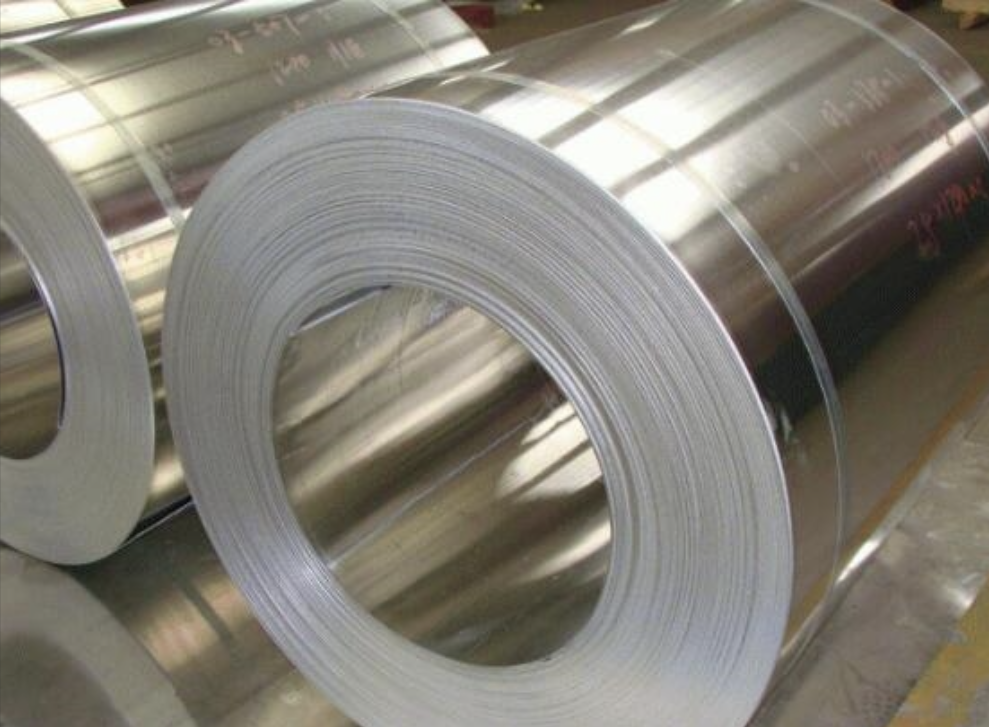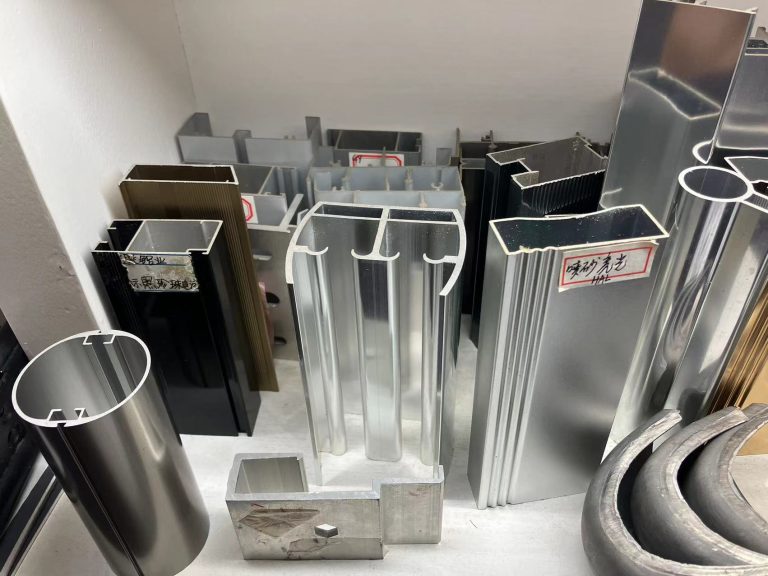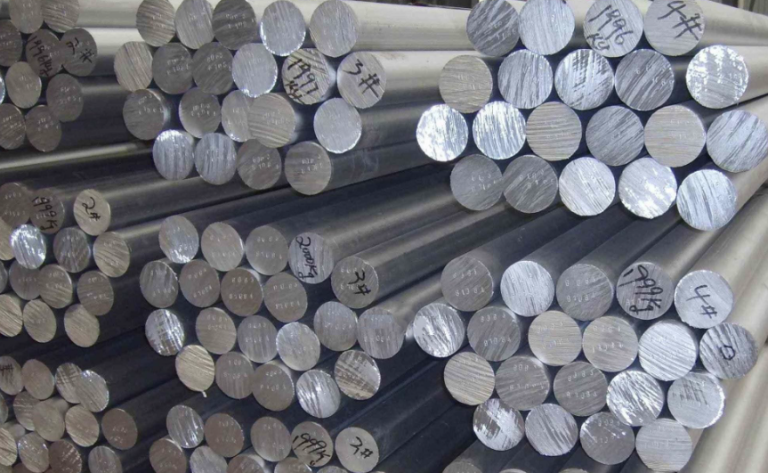Aluminum VS. Steel: Which Metal is Best for Your Project?

Aluminum and steel are two of the most common metals on Earth. They play a significant role in our daily lives, serving as essential materials for food production, appliances, transportation, and construction. Then, what is the key difference between aluminum and steel?

Aluminum Vs Steel: Which Metal is Better for Your Products?
Weight and Density
Aluminum has a low density of about 2.70 g/cm³, while steel has a density of around 7.8 g/cm³. This means aluminum products weigh much less than steel products of the same volume.
Hardness and Strength
The hardness of aluminum varies based on its alloy composition. Generally, aluminum hardness ranges from HB 60 to HB 150.
- Industrial Pure Aluminum (e.g., 1100, 1050, 1060 series) has a lower hardness, typically between HB 25 and HB 32.
- Duralumin or Wrought Aluminum (e.g., 2024, 2A12, LY12, 2017 series) shows higher hardness, usually between HB 95 and HB 135.
- Superhard Aluminum (e.g., 7075, 7A04 series) can reach hardness levels around HB 150.
In contrast, steel is generally stronger and harder than aluminum. Steel’s strength includes yield strength and tensile strength:
- Yield Strength: The maximum stress a material can withstand before it deforms.
- Tensile Strength: The maximum stress a material can endure while being stretched.
Cost of Steel vs. Aluminum
Aluminum is inexpensive to mine but can be costly to process, especially for complex or high-precision machining. Machining precision aluminum products often cost more than steel.
Steel mining and production costs vary by region but are generally stable due to widespread use. As a result, steel products are usually more cost-effective than aluminum. However, local market conditions can affect prices, especially in areas with limited iron ore supply.
Applications of Aluminum vs. Steel
Aluminum is widely used in aerospace, construction, automotive, and electronics because of its lightweight and ease of processing. Common applications include:
- Aircraft fuselages
- Engine blocks in automobiles
- Various components in electronics
Steel plays a crucial role in construction, bridges, machinery manufacturing, and transportation. Its strength makes it popular for:
- High-rise buildings
- Bridges
- Railroad tracks
The choice between aluminum and steel depends on specific project requirements such as weight, strength, cost, and application suitability.
Final Thoughts
Steel and aluminum have different characteristics and prices. Both are essential materials in our society. When choosing a material, compare the properties of steel and aluminum to find the best fit for your needs.
The choice depends on the specific requirements of your application. For lightweight and corrosion-resistant needs, aluminum is often the better option. In contrast, steel is ideal for applications that require high strength and wear resistance.
Cost is also an important factor in material selection. Carefully evaluate your project’s demands to make an informed decision between aluminum and steel.





